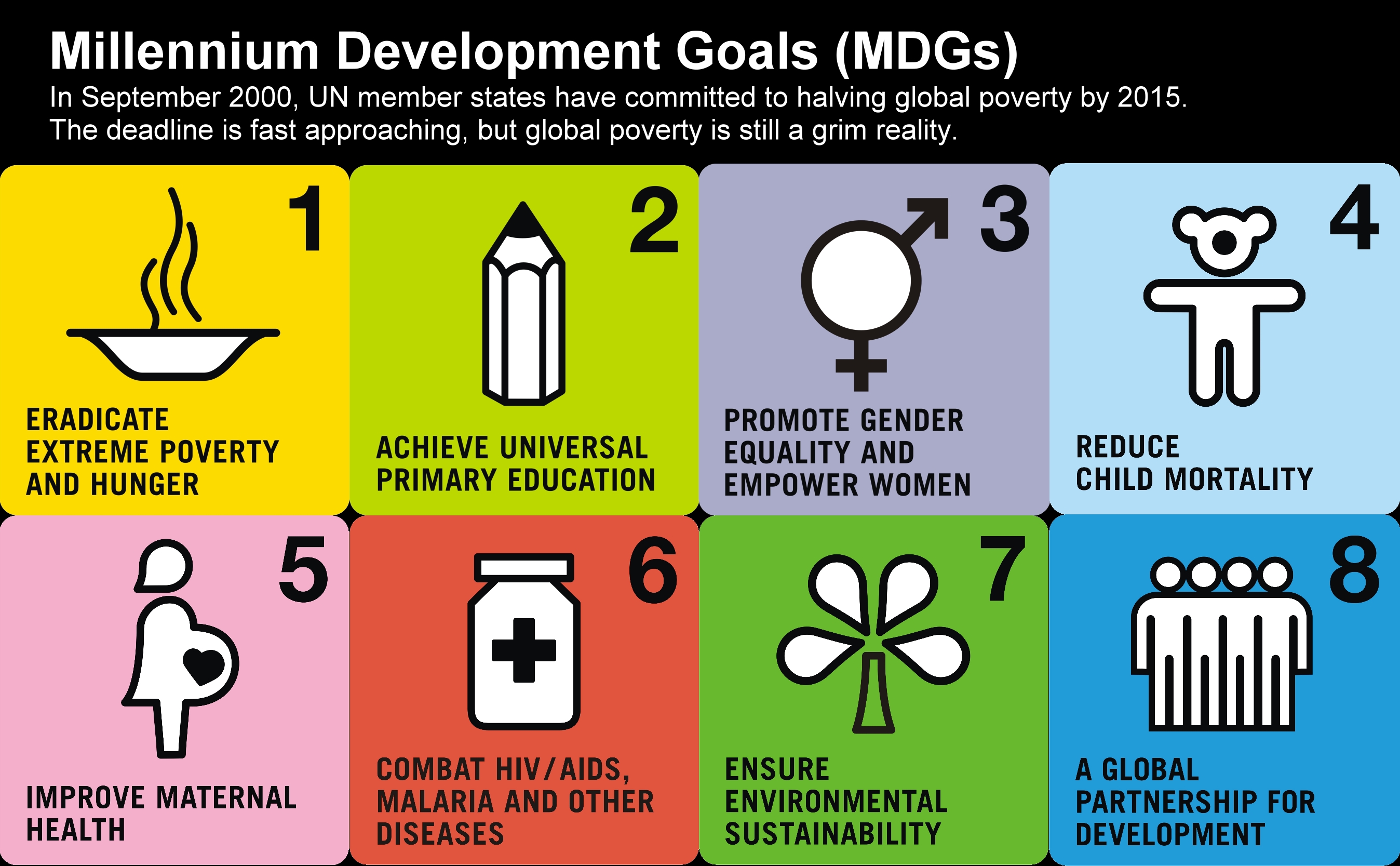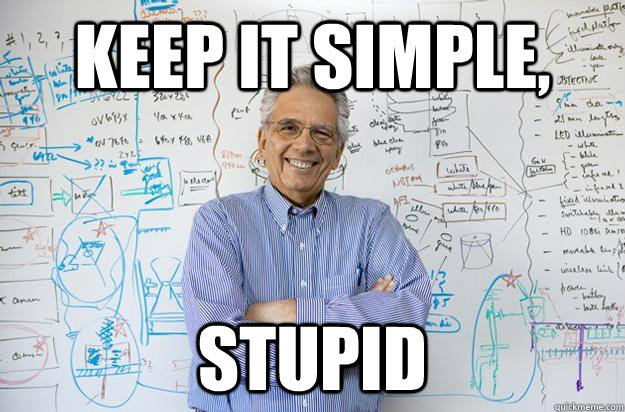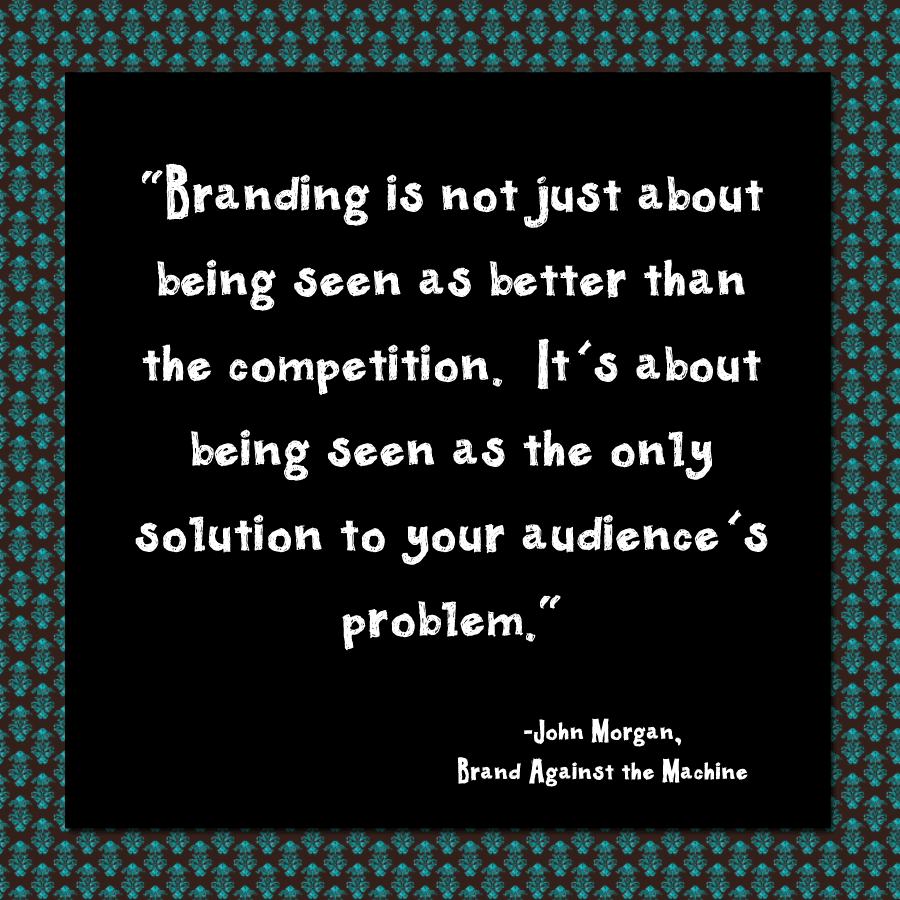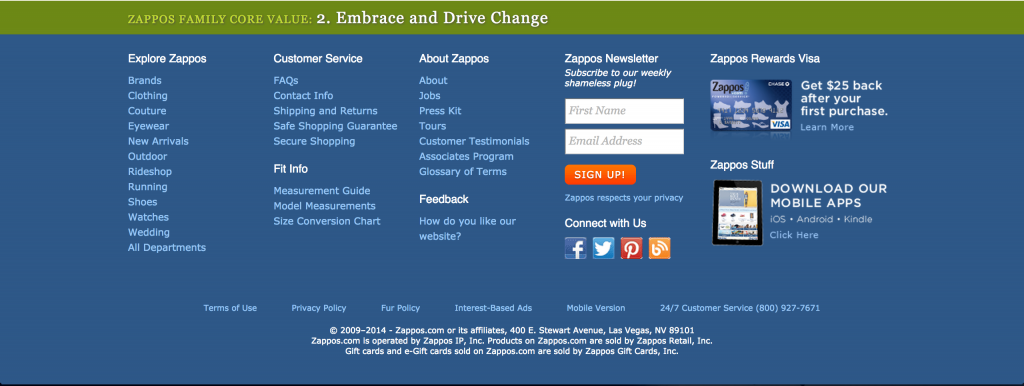If United Nations was fully funded, why would we need the Arc or social enterprise?
The United Nations (UN) established a great foundation when it comes to addressing numerous world issues through its Millennium Development Goals (MDGs). Without a doubt, the MDGs constructs a framework that many non-profit and for-profit organizations are well aware of and create actionable plans for. This is where Arc and social enterprises come into play.
When it comes to the ‘big picture’, the UN creates a vision for everyone by first addressing the issues, and then continuously evaluating the effectiveness of the goals and actions being taken. The UN does this through annual statistical reports on the improvement of people’s lives, through the tracking of rates for HIV/AIDs, for example. Even if the UN was fully funded, the actions taken to address these global issues may become ineffective due to the various administrative and financial steps the process requires before plans can be executed. The money that may be intended to be used for certain purposes does not necessary arrive there, and can therefore be incredibly inefficient. However, programs such as Arc and social enterprise can take care of the smaller details that largely contribute to the success of the goals. More specific organizations and programs like the Arc generate more efficient processes that are created by passionate entrepreneurs who have the desire to do what they can to make a difference.









